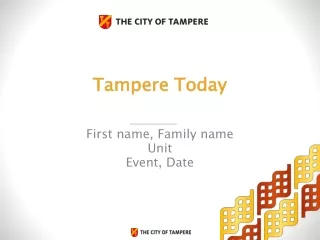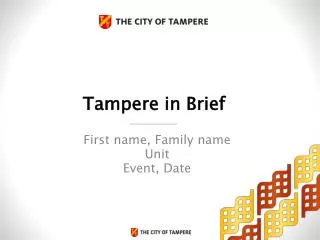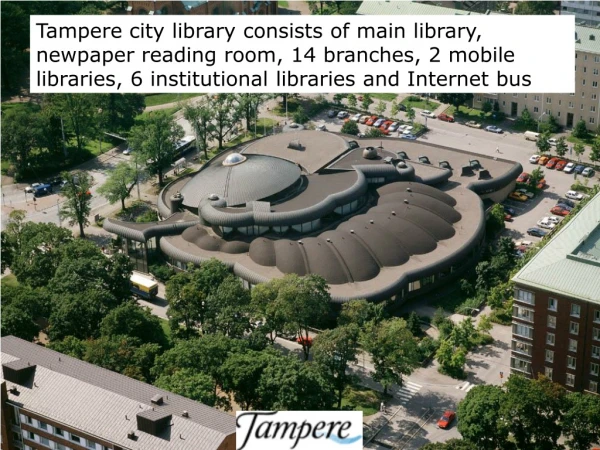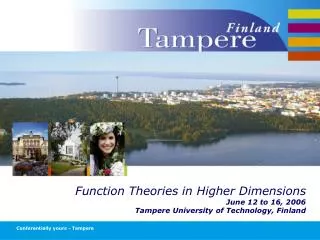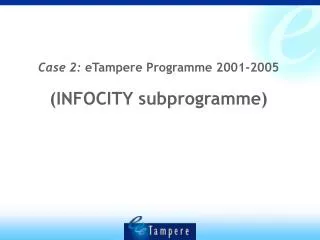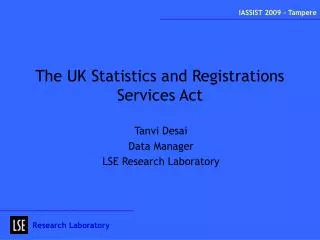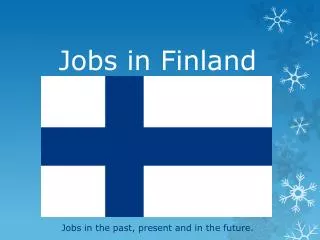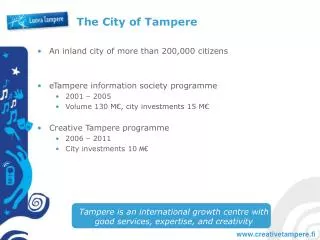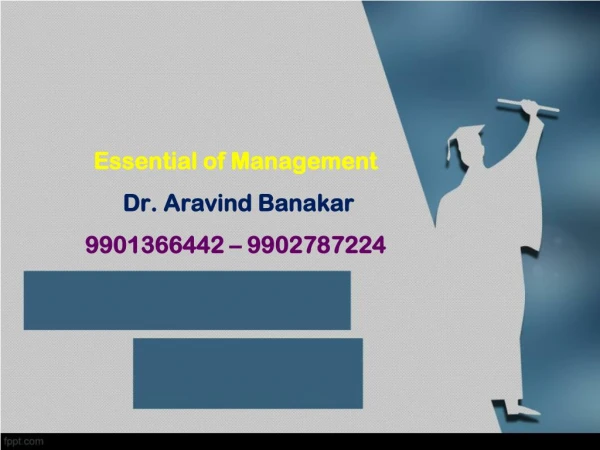Funded by the Creative Tampere Program, Demola is a Finnish open innovation platform for the creators of next generation
Assignment Solutions, Case study Answer sheets Project Report and Thesis contact aravind.banakar@gmail.com www.mbacasestudyanswers.com ARAVIND – 09901366442 – 09902787224 Essential of Management CASE STUDY (20 Marks) Funded by the Creative Tampere Program, Demola is a Finnish open innovation platform for the creators of next generation products and services. Demola provides students and companies with a collaborative and multidisciplinary innovation environment where students from three regional universities create demonstrations of novel service and product concepts coming from companies. Offered by higher education institutes in Tampere and Hermia Ltd, Demola gives multidisciplinary student teams the opportunity to develop demo products and services based on company concepts. Companies ranging from local SMEs to international large-scale enterprises as well as public organizations collaborate with the teams. Demola is an important case study because it reflects successful open innovation between companies and students within a dedicated (neutral) innovation environment and manages innovation ownership rights successfully Tampere, a city in Southern Finland, is an international growth centre for versatile services, know-how, and creativity. It is recognized that successful business activities and the growth in well-being brought to the area as a result of these activities can be enhanced significantly through investment in culture and in structures enabling innovation. The Creative Tampere Programme accepts this challenge by creating products, successful business, and new services based on content development, and by increasing the co-operation between creative sectors and business life. Demola directly responds to the issues raised in the Aho report of 2006 and the Finnish Innovation Strategy of 2008 through its focus on open innovation in a global environment. The objective of Demola is to boost multidisciplinary agile innovation culture and encourage entrepreneurship in the Tampere region. The development of Demola in late 2008 coincided with the publication of a new innovation strategy for Finland to improve its competitive position in R&D markets given increased competition from emerging countries including China and India. Finland’s National Innovation Strategy (2008) identified that ‘around the world, leading edge companies are involving consumers in product development. Enterprises are even processing previously unrecognized needs together with users, thus influencing the emergence of a completely new kind of market. Various forms of open and public innovation activity are gaining ground alongside traditional closed innovation activity. Policies must create the preconditions for the emergence of open innovation environments.’ The Demola project can also be seen as a response to the Aho Report of 2006 on ‘Creating an Innovative Europe’, which focused on the creation of innovation friendly markets, the strengthening of R&D resources, increasing structural mobility in Europe and the fostering of a culture of celebrating innovation. Demola is part of a project in Creative Tampere, the City of Tampere’s business development policy program (2006 - 2011), which aims to facilitate new business, services, innovation and creativity. The Creative Tampere Program (Luova Tampere) was established to accelerate this growth by promoting interaction among representatives of different sectors in order to develop new creative concepts. Great potential is seen in the commercialization of creative trades – especially in culture. The goal of the Creative Tampere Program is to strengthen the cultural industry and to elevate it to one of the most significant trades in Tampere. The practical implementation of the Creative Tampere Program is performed in three selected theme areas: the creative industries, innovations and entrepreneurship and attractive city. Each theme has its own individual goals that guide the selection of projects to be implemented. Actions have been taken to ensure that all players in the region have been included and involved in development of the project from the beginning. Ensuring that Demola is maintained as a neutral ground resource for all local universities gives each the confidence to fully participate in activities and support innovation activities. The Demola project was the winner of the 2010 Regional Innovation Award from the Assembly of European Regions. The key results of Demola highlight the engagement of over 500 students in developing product and service concepts with project partners and with over 110 projects completed or in development. As a result 96% of results are licensed, new jobs have been created and new companies have been established. Within the project, in excess of €500,000 has been awarded to students. Answer the following question. Q1. What are the objectives to boost multidisciplinary agile innovation culture and encourage entrepreneurship in the Tampere region? Q2. What actions are to be taken for development? Q3. How the stack holders of Demola project have been benefited? Explain. Q4. Why the collaborative and multidisciplinary innovation environment is necessary for development? Assignment Solutions, Case study Answer sheets Project Report and Thesis contact aravind.banakar@gmail.com www.mbacasestudyanswers.com ARAVIND – 09901366442 – 09902787224
★
★
★
★
★
78 views • 6 slides
